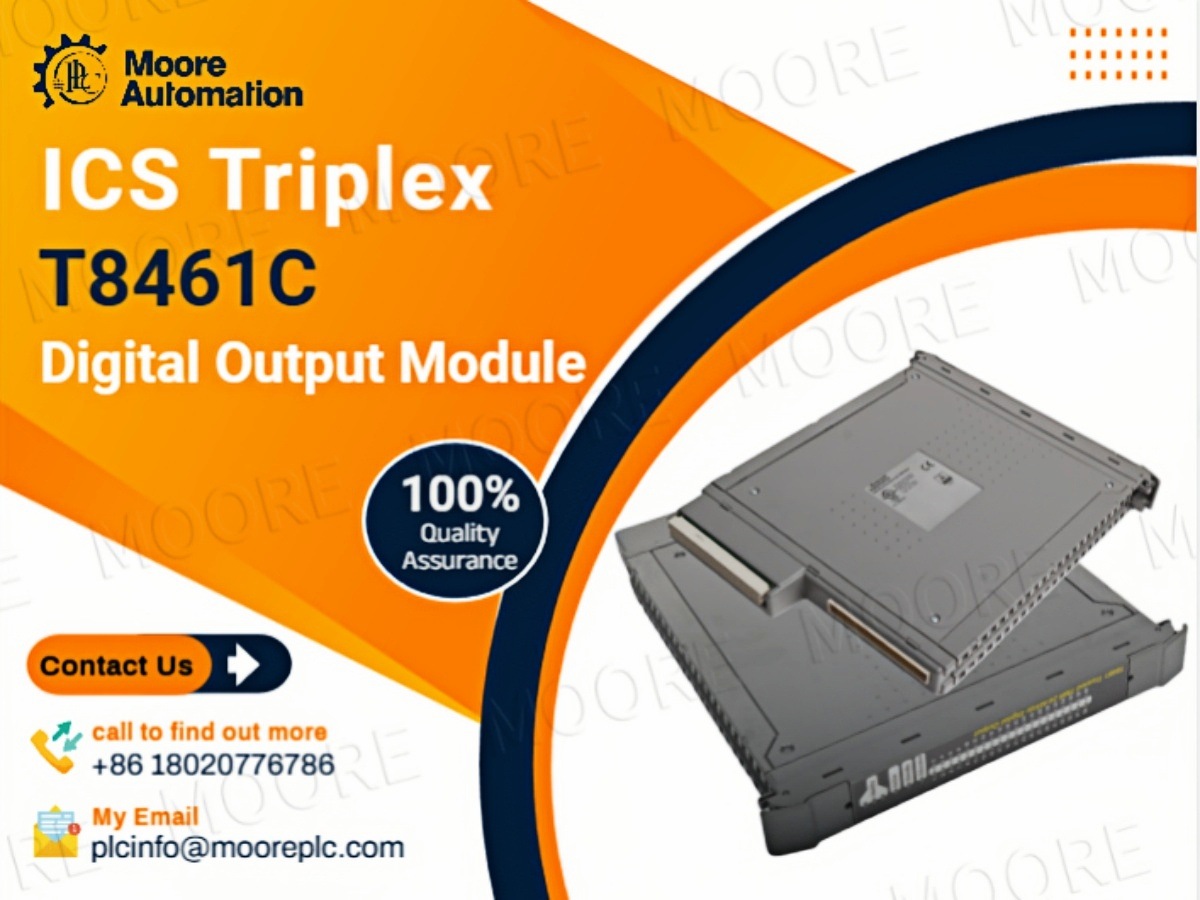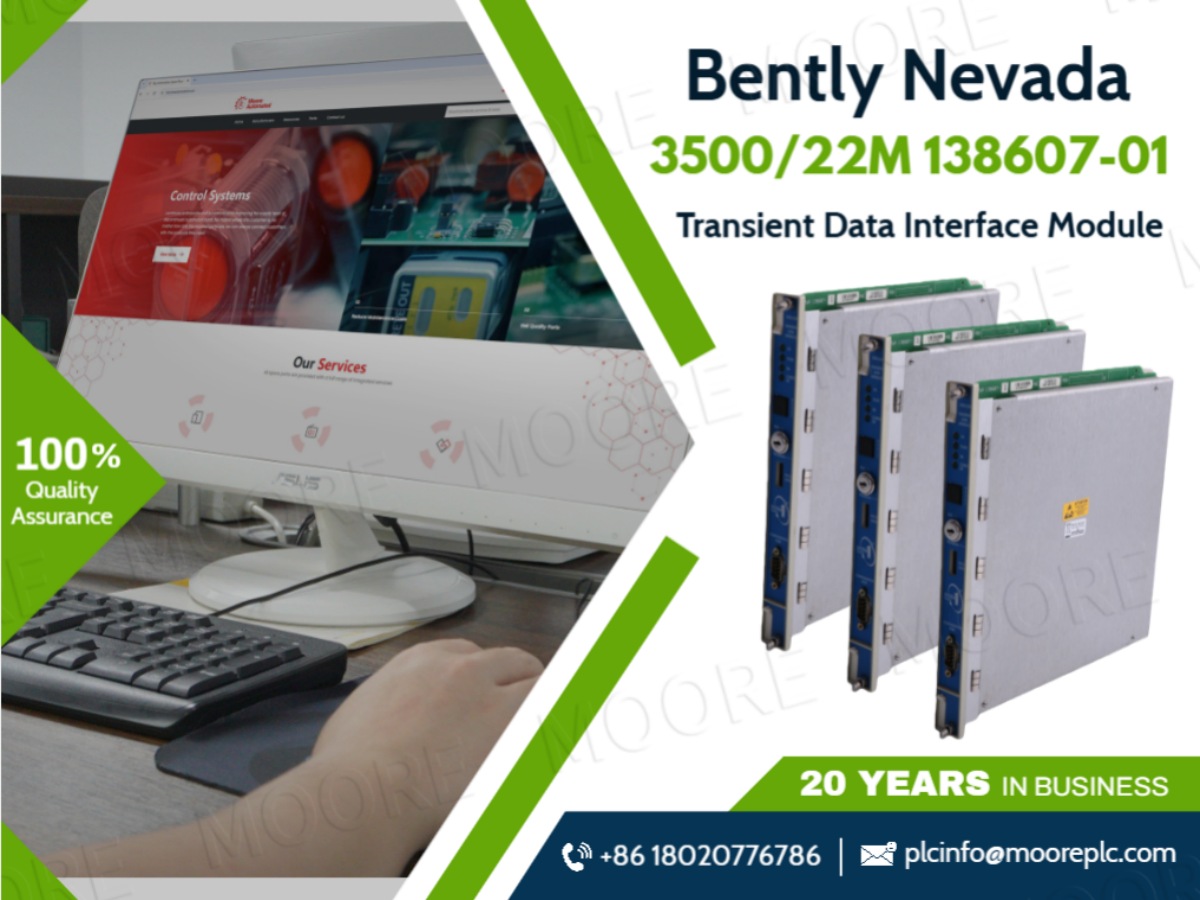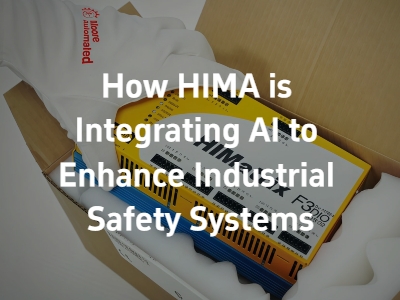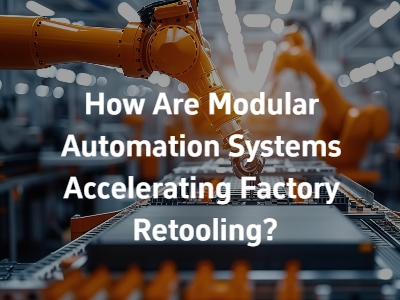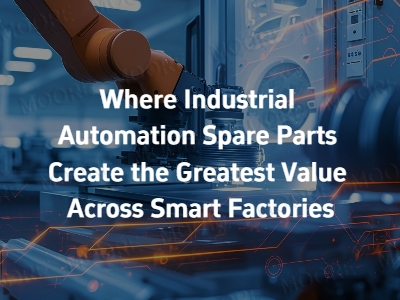Introduction
The landscape of industrial automation is undergoing a revolutionary transformation, shifting from rigid programmed commands to intelligent, adaptive, and data-driven decision-making. This change is driven by artificial intelligence (AI), and global technology leader ABB is at the forefront of this wave. By deeply integrating advanced AI capabilities into its control systems, ABB is not only redefining the possibilities of automation but also charting a path toward greater efficiency, flexibility, and sustainability for various industries.
ABB Ability™: Building the Digital Foundation for Intelligent Automation
ABB’s vision goes beyond developing standalone smart products—it aims to create an interconnected ecosystem of intelligence. At the heart of this vision is the ABB Ability™ platform, a unified, cloud-edge collaborative digital platform that serves as the "digital brain" for entire industrial operations.
This platform enables AI-driven automation in the following ways:
Data Aggregation and Insights: Seamlessly collects and integrates data from tens of thousands of sensors, robots, and control devices on the factory floor.
Advanced Analytics: Provides powerful algorithms and tools to transform vast amounts of raw data into actionable insights.
Application Development: Supports the development and deployment of tailored AI applications to address specific industry challenges.
Through ABB Ability™, AI is no longer an isolated function but rather a neural system that runs through the entire automation value chain.
Core AI Applications in Control Layers: From Prediction to Cognition
ABB embeds artificial intelligence directly into the core of its control systems, achieving unprecedented operational intelligence. Its main applications are reflected in three key areas:
Predictive Maintenance: ABB’s systems use machine learning algorithms to continuously analyze operational data (e.g., vibration, temperature, noise) from motors, pumps, and robots. They can accurately predict potential failures and issue warnings weeks or even months before problems occur. This shifts the maintenance model from "preventive" (scheduled maintenance) to "predictive" (on-demand maintenance), completely avoiding the huge losses caused by unplanned downtime.
Autonomous Optimization: In process industries (e.g., chemicals, pharmaceuticals), ABB’s AI control systems can fine-tune thousands of process variables (e.g., pressure, flow, temperature) in real time, keeping production at its optimal state (peak efficiency). This not only maximizes output and product quality but also significantly reduces energy consumption and raw material waste.
Adaptive Robotics: ABB’s robots are equipped with advanced AI vision and force-sensing technologies. They no longer require precise fixed positioning—they can identify, grasp, and handle irregularly shaped and randomly placed objects, and even learn new tasks from demonstrations. This extends automation to complex areas previously inaccessible, such as logistics sorting, precision assembly, and laboratory testing.
Enabling Industry Transformation: Practical Use Cases of ABB’s AI Technology
ABB’s AI-driven control systems are driving transformation across industries worldwide:
Smart Manufacturing: In the "factory of the future," ABB’s solutions enable mass customization. A production line can seamlessly manufacture different product models through real-time AI scheduling and flexible robot switching, achieving flexible manufacturing for small-batch, multi-variety production.
Smart Energy: For power grids and buildings, ABB’s intelligent systems can dynamically balance energy supply and demand, more efficiently integrate unstable renewable energy sources (e.g., solar, wind), optimize energy distribution, and significantly improve energy efficiency and system stability.
Intelligent Logistics: In distribution centers, autonomous mobile robots (AMRs) powered by ABB’s technology can intelligently plan routes, collaborate with each other, and safely avoid dynamic obstacles (e.g., workers), greatly enhancing order processing speed and warehouse management efficiency.
Human-Machine Collaboration: ABB Shaping the New Model of Future Work
ABB believes that the future of automation is not about replacing humans with machines but about enhancing human capabilities. ABB’s AI-driven control systems are designed to take on all dull, dirty, and dangerous tasks, thereby freeing employees to focus on higher-value work.
The human role evolves into:
Supervisors and Strategists: Overseeing entire automated processes, handling exceptions, and developing optimization strategies.
Innovators and Designers: Focusing on product innovation, process design, and improvement.
Coordinators and Trainers: Training, programming, and collaborating with robots to complete tasks together.
This model of human-machine collaboration not only enhances productivity but also creates new, more engaging job opportunities.
Implementation Pathway: Key Considerations for Successful Deployment of ABB’s AI Systems
Successfully implementing ABB’s AI-driven control systems requires a strategic approach, considering the following key factors:
Data Strategy: Data is the lifeblood of AI. Companies need to ensure they have reliable data collection, transmission, and management infrastructure to guarantee data quality and security.
Cybersecurity: Increased system connectivity inevitably brings higher cybersecurity risks. End-to-end, multi-layered cybersecurity protocols must be implemented to protect critical industrial infrastructure from threats.
Skills Upgrade: Companies must invest in employee training to develop a future workforce capable of designing, managing, maintaining, and collaborating with intelligent systems. ABB itself provides extensive training and educational resources to support this process.
Conclusion
The future of industrial automation is undoubtedly cognitive and data-driven. ABB, through its ABB Ability™ platform and deeply integrated AI-driven control systems, is clearly leading the way. What they offer is not just technology but a blueprint for more efficient, sustainable, and flexible operations. Companies embracing this change are actively building their future core competitiveness. And ABB is one of their most trusted partners on the journey to the new era of intelligent automation.

